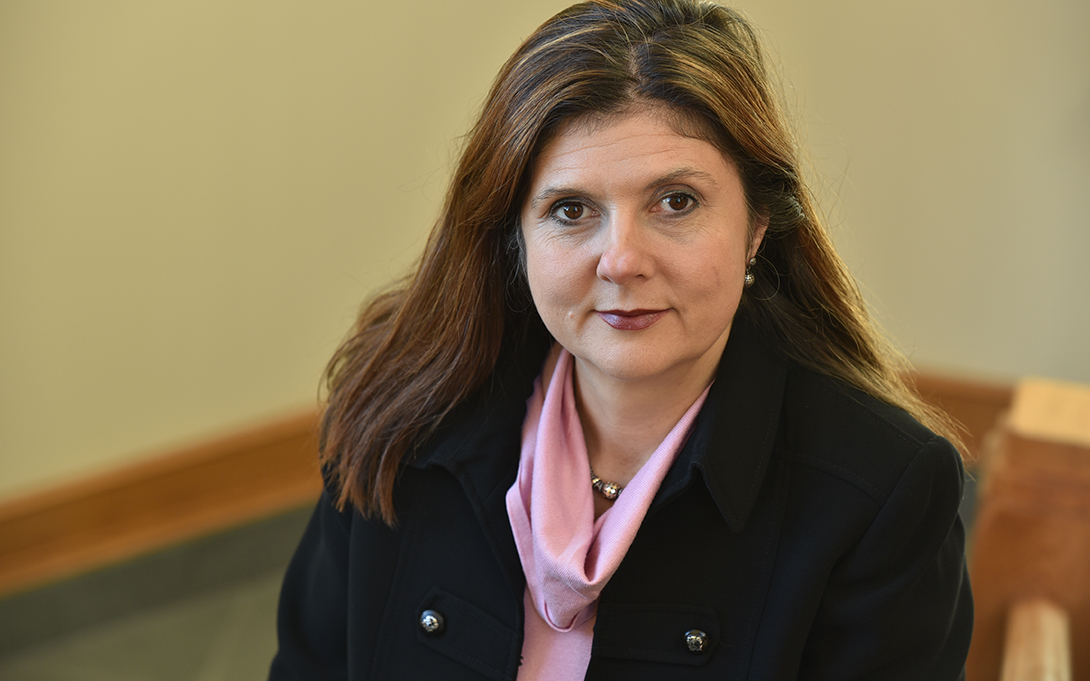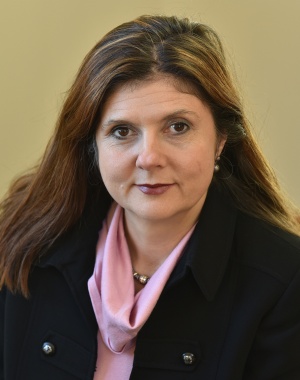
As the 118th Congress begins, Americans’ trust in Congress and government is at an all-time low. Economist Betsey Stevenson lends her expertise to members of Congress in a new article for the Peter G. Peterson Foundation.
First, Stevenson says, trust and confidence can coexist with political disagreement and conflict.
“Most people go to work every day with people with whom they disagree on many topics, but they find a way to work together to benefit themselves, their employers, and their customers,” Stevenson writes. “Some of the decline in trust in Congress reflects skepticism about Congress’s ‘competency and responsiveness.’ Despite their political differences, Members of Congress need to demonstrate that they are working together to take concrete actions to solve America’s problems and ensure its prosperity to restore Americans’ trust in them.”
Even if political theater and conflict draw attention, actions like those that Congress took during the pandemic break through the noise and are appreciated by constituents. Similarly, a strong economy is an important component of trust.
“The public’s confidence in institutions weakens when the economy weakens, and typically strengthens along with a strengthening economy,” Stevenson says. “Part of the challenge for Congress is that the public attributes more control to them over the economy than they have. Even so, there are important actions Congress can take to ensure a strong economy and help build public trust in it.”
To take steps toward a strong economy, Stevenson advises raising the debt ceiling which would prevent an economic meltdown.
“Beyond the higher cost of servicing debt, a default could have more widespread economic costs as previous debt ceiling standoffs have led to declining business and consumer confidence, which can lead to declining economic output,” she says. “With the U.S. economy struggling to weather external storms and the Fed fighting to reduce the rate of inflation, the last thing Congress should do is cause a further fall in business and consumer confidence.”
Stevenson even takes it a step further, suggesting the elimination of the debt ceiling.
“Instead of defaulting on the debt, reaching a debt ceiling, and failing to raise it further, could trigger across the board tax increases unless the debt ceiling was raised,” she argues. “While some may gasp at such a suggestion, defaulting on the debt is more harmful to the American economy and American pocketbooks than a large across the board tax increase. And a revenue trigger is likely to do more to induce fiscal discipline than the ongoing brinkmanship of default has done, because the consequences are clearer for all to understand.”
On top of this, Congress needs to raise more revenue. Stevenson suggests enforcing taxes more thoroughly, which builds faith in our system while also bringing in more revenue to cover costs. Further, making the IRS more efficient would cut costs and save time.
“So far, such gains have been prevented to protect the interest of businesses that profit from our form-filling misery,” Stevenson writes. “This kind of waste is not only a painful cost on taxpayers, but it holds back the overall U.S. economy as it would be much better to deploy these resources elsewhere in the economy where they will have more value.”
Stevenson runs with the theme of government efficiency — if Congress eliminated wasteful tax expenditures, she argues, the revenue created could help restore fiscal balance, lower taxes, and increase spending.
Tackling a generational challenge, Stevenson turns to the survival of entitlement programs of Social Security and Medicare. To make sure Americans are better off, Congress will have to work together and compromise.
Finally, Stevenson highlights what should be Congress’s top priority — restoring the benefits of a society that trusts its government.
“For society to function we need faith in each other; Congress can and should lead by example. By being both trusting and trustworthy, Members of Congress can foster a trusting society. Trust allows government and the economy to run more efficiently,” Stevenson concludes. “Unfortunately, trust is a public good — when I trust you and when I am trustworthy, I encourage you to trust others and to be more trustworthy yourself. Rebuilding trust in Congress won’t just strengthen our democracy, it will start rebuilding trust in each other.”
Read the entirety of Stevenson’s article on the Peter G. Peterson Foundation’s website.
